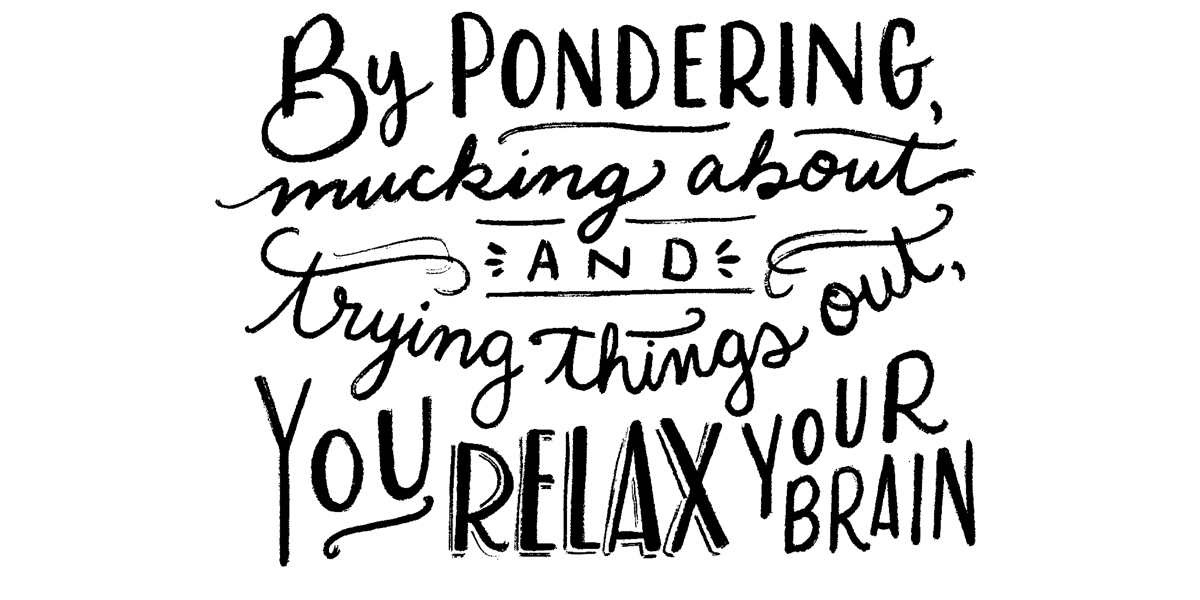The more we focus on something, the quicker we will achieve our goal. At least, that’s what we tell ourselves. Meanwhile US-based psychiatrist Srini Pillay says that too much focus limits our creativity.
What happens when you focus too much?
“Let me say first of all that focus is a good thing to a certain degree, even indispensable, as it helps you finish your work, it organizes your thinking and keeps your emotions in check. When you focus less, you see more, because focusing too much can backfire. You can compare it to the narrow, bright beam of light from a flashlight that shines in a straight line ahead. It’s handy when you need to see what’s right in front of you, but less useful when you want to also see the things around you, in your peripheral view. Too much focus can make you less creative and less innovative.
A funny example comes from the Gillette company. Back in the day, it had a toothbrush department and a battery department, but initially it wasn’t managing to develop an electric toothbrush because each department was focusing separately only on its own range and own working methods. Being overly focused also exhausts your brain. It becomes difficult to make decisions and you become alienated from the people around you, even from yourself. Research has shown that you become less empathetic toward the people around you. Test subjects who were told to focus very intensely while watching a video, were afterward less inclined to voluntarily offer to help victims of a tragic event.”
Your solution is to alternate focused periods with periods of defocusing. What is that exactly?
“Defocusing is a process that relaxes your brain. It’s pondering, mucking about and trying things out. It is a state of non-focus. A way to widen your light beam, so that you also start seeing the things in your peripheral field of vision. When I was a medical student, I experienced
first-hand what excessive focusing can do to you. Nobody spent more time studying and working than I did in that time.
But even if I stayed up all night, it didn’t show in my grades. They only improved when I learned to take a break every hour, spent more time with friends and started meditating. Defocusing reduces the activity in your amygdala, a part of your brain that transmits stress signals. If this area of the brain is less active, you become calmer.
In addition, your ‘observing ego’ is less present when you are defocused, so you don’t hear that critical voice in your head all the time. The third advantage is that your store of thinking energy is replenished during this period, which reduces the chance of a burnout. And next time it’s necessary, you’ll be able to concentrate better.”
What things are good to do if you want to defocus?
“Showering, walking, knitting, gardening, making music and listening to music, imagining things, daydreaming, musing out loud, sharing your thoughts with someone the moment you think them. Or doodling. Say that you want to listen to something really well, it’s good to know that you remember 25 percent more if you are just doodling on a pad while you listen. But having said that, there is no one-size-fits-all for defocusing. Try everything out and
do whatever feels best for you.”
- The full interview with Srini Pillay can be found in Issue 26.
Text Catelijne Elzes Illustration Valerie McKeehan














